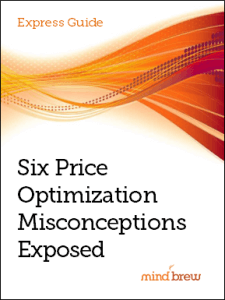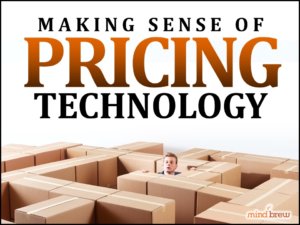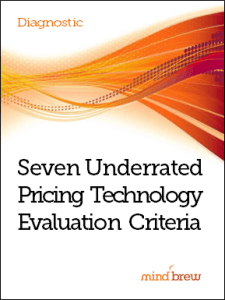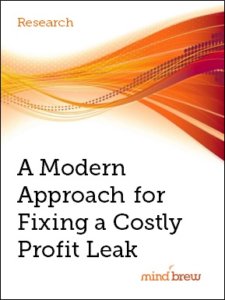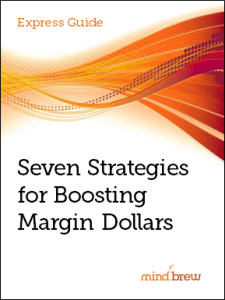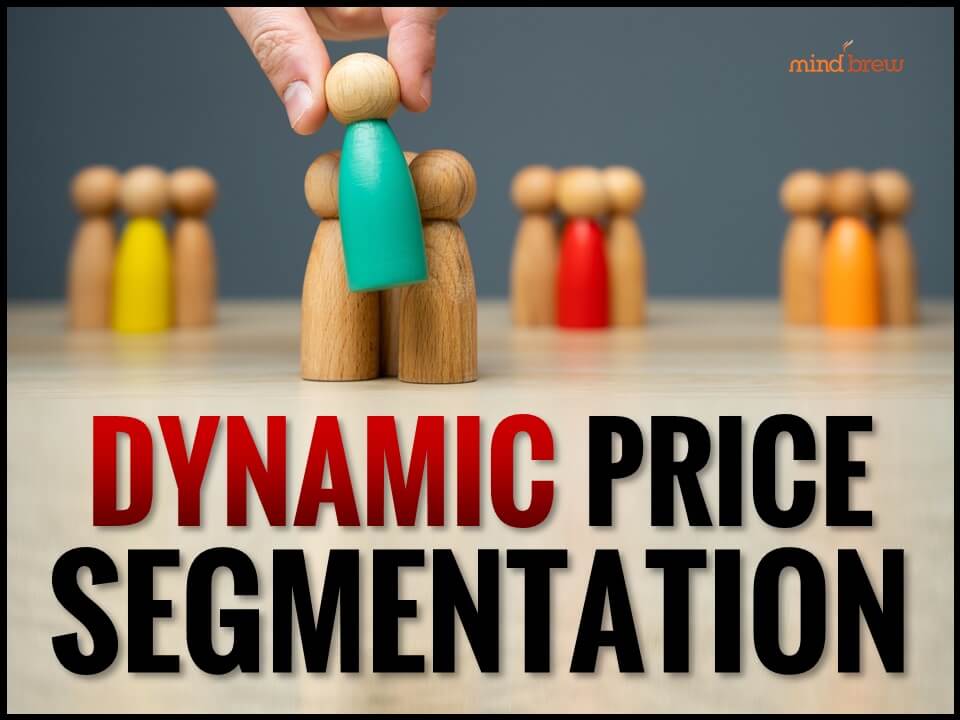It’s been a little over a year since ChatGPT burst onto the scene as the first widely available tool for generative AI. And since that time, there has been no shortage of experts saying that AI is the biggest technological advance ever. Here’s a smattering:
“Generative AI has the potential to change the world in ways that we can’t even imagine.” — Bill Gates
“Aristotle founded or discovered logic by observing the world. ChatGPT thinks logically. Why? Because it notices all the logic in the data in its training set.” — Stephen Wolfram, founder of Wolfram Alpha
“Generative models are a key enabler of machine creativity, allowing machines to go beyond what they’ve seen before and create something new.” — Ian Goodfellow, author of Deep Learning
Those of us who have worked in pricing for a while have been listening to all this hyperbole with some bemusement. After all, many of us have been using AI for a number of years.
While they haven’t always had the “AI” label, machine learning-based price optimization tools are essentially a form of artificial intelligence. These tools learn from data to make intelligent pricing recommendations and decisions far better and faster than we as individual pricing professionals ever could. You can easily see the power of AI in three key areas:
- Defining & Managing Price Segments — Creating pricing segments has always been a balancing act. On the one hand, the more segments you have, the more accurate your prices can be. On the other hand, if you have too many segments, they become impossible to manage manually. AI eliminates those manual hassles, allowing practitioners to accurately slice the market far more finely.
- Analyzing Data — AI mines historical transactions to uncover patterns, trends, and insights that are instrumental for pricing optimization. And while these models used to need detailed win/loss data, they’ve been refined to the point where they can learn a great deal from the transaction data you already have in your CRM or ERP databases. And they can quickly spot things that might elude even the most experienced pricing practitioners.
- Calculating Elasticity — Price elasticity allows you to accurately predict how your pricing segments will respond to price changes. It’s a very powerful tool, but because it’s changing all the time, it requires frequent re-calculation. AI can revolutionize elasticity analysis by providing real-time insights and adaptations based on changing market conditions.
As we continue to navigate through the AI revolution in pricing, it’s crucial to recognize that these technological advancements aren’t necessarily a threat to our roles as pricing professionals. Instead, they present an unprecedented opportunity for us to do more.
In a landscape increasingly influenced by AI, our ability to adapt and integrate these technologies into our workflow is paramount. By embracing AI-powered pricing tools, we can unlock deeper insights, make more informed decisions, and stay ahead in a competitive market. The key is not to view AI as a replacement but as a powerful ally that can amplify our expertise.
In case you couldn’t already tell, we at PricingBrew are big fans of AI price optimization tools. Not surprisingly, we have a lot of resources on the topic:
- All About Price Optimization
- Six Price Optimization Misconceptions Exposed
- Making Sense of Pricing Technology
- Underrated Pricing Technology Evaluation Criteria
It’s always been a great time to deploy pricing optimization technology. And right now might be the best time of all to get your leadership on board because the AI buzz has everyone interested in investing in these tools. Don’t just witness the transformation; be a part of it.


